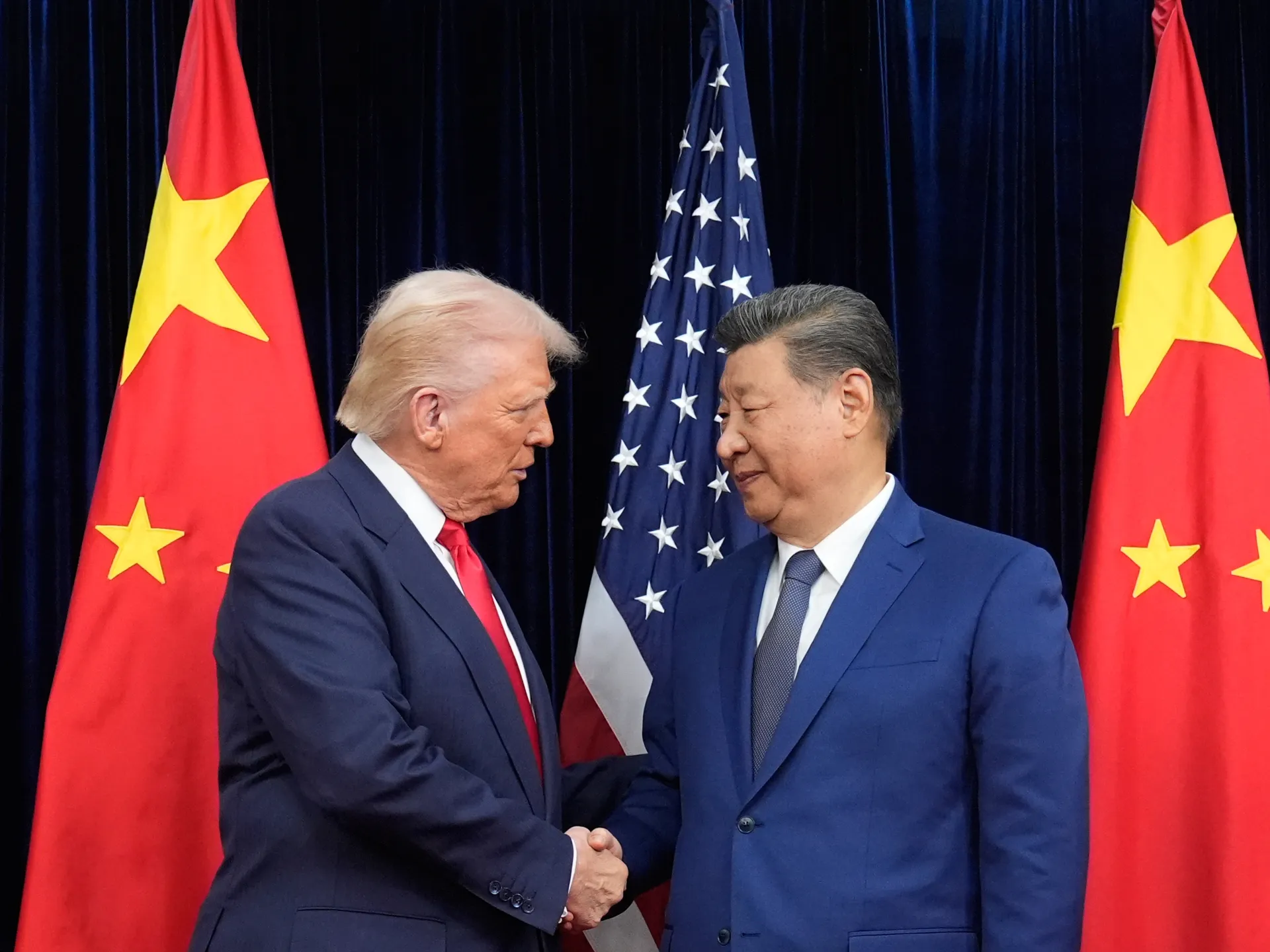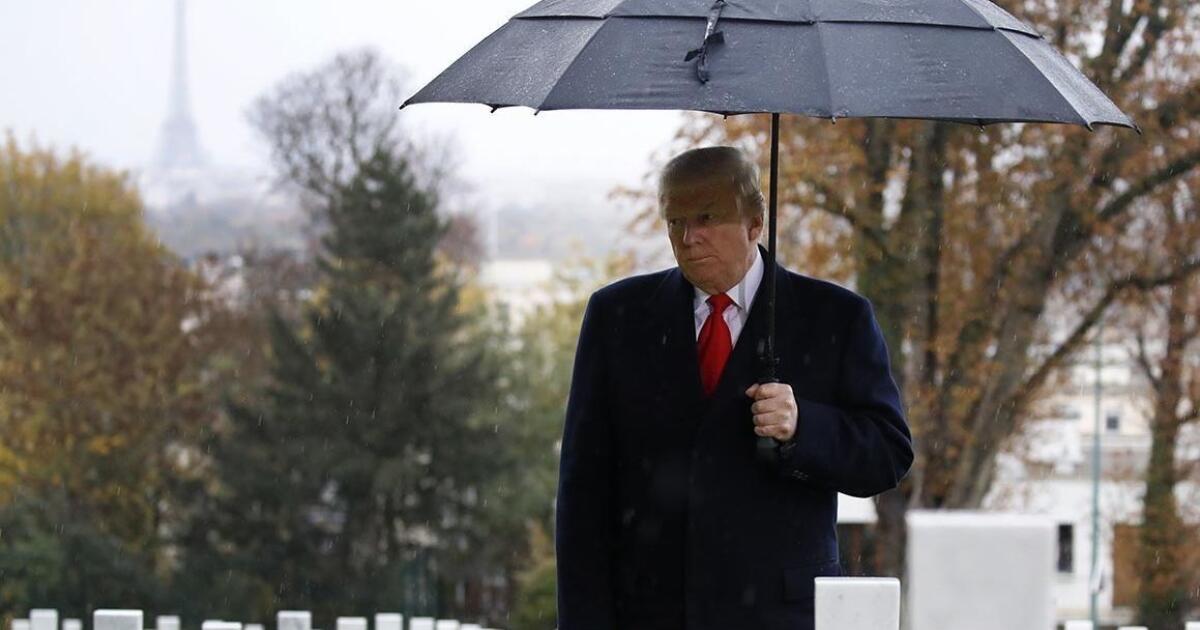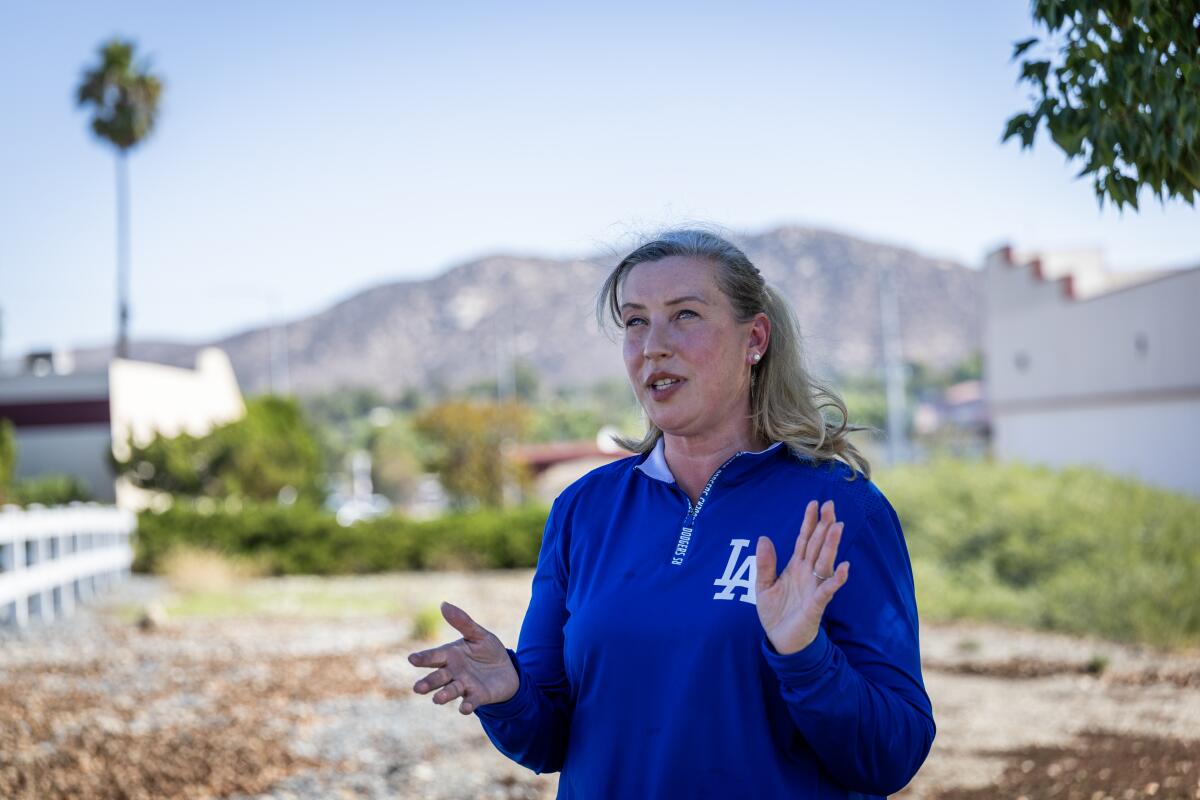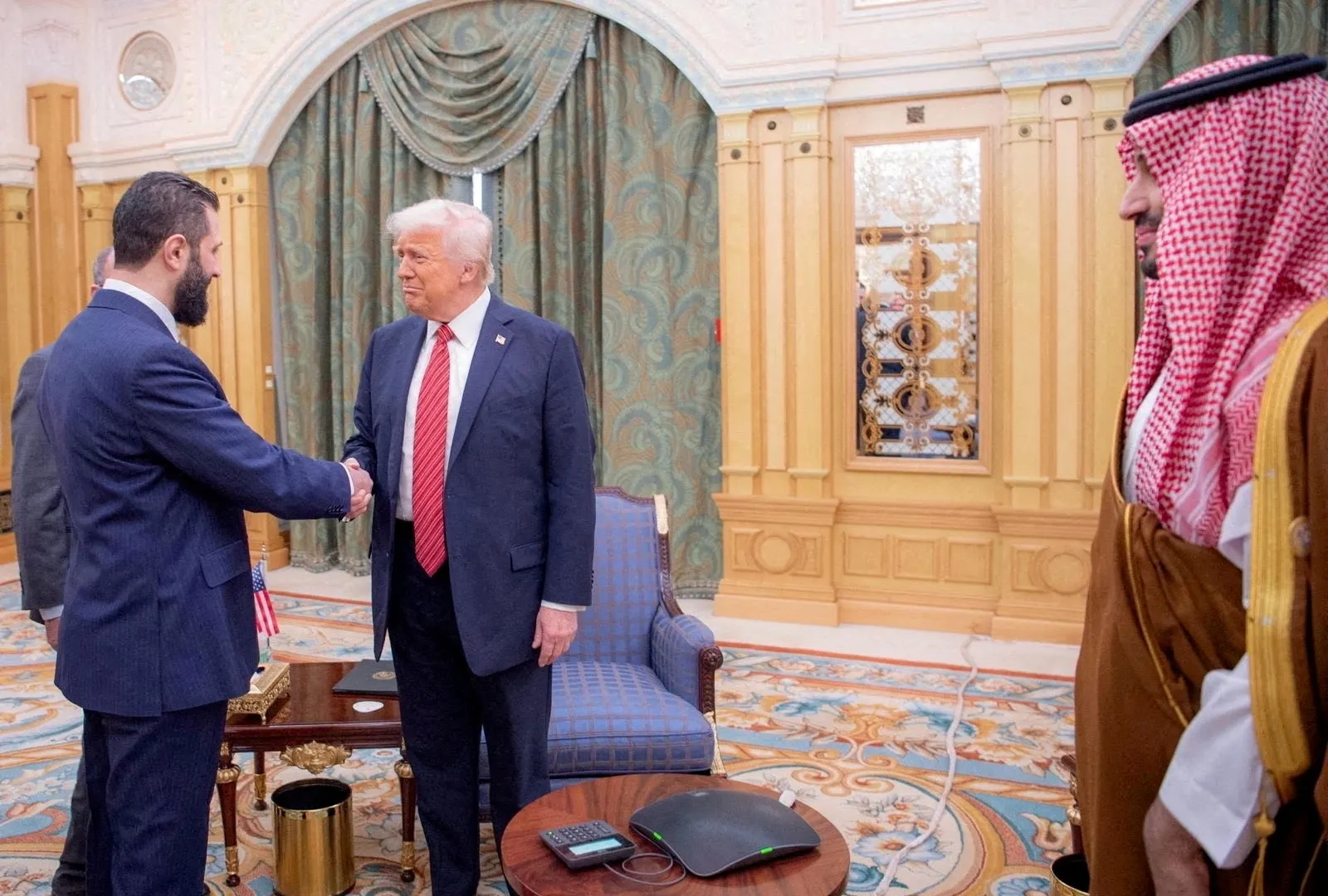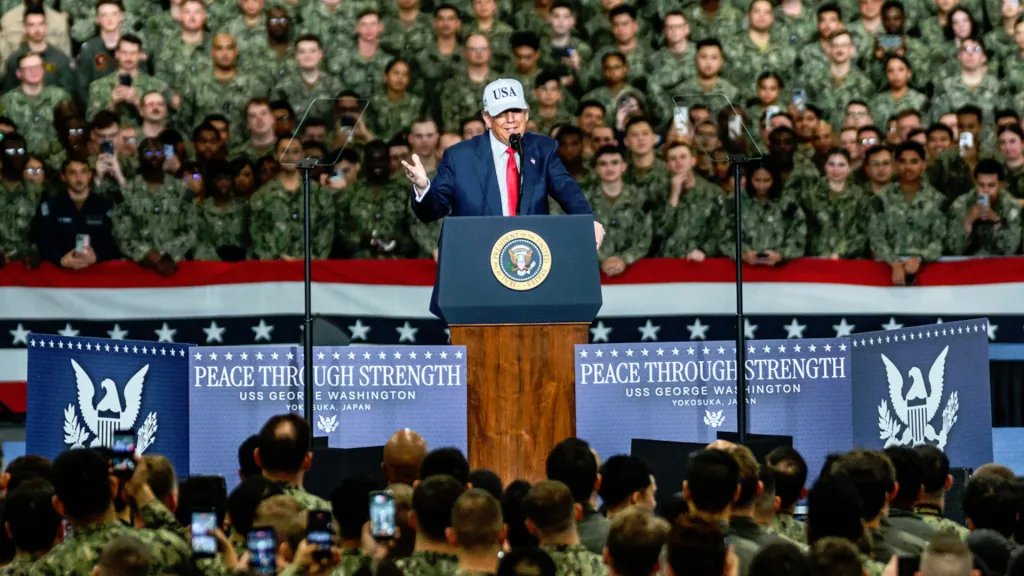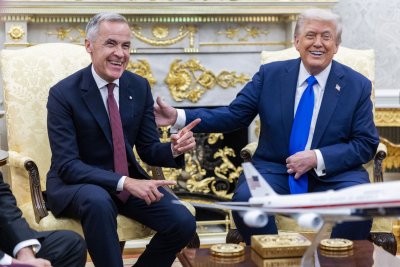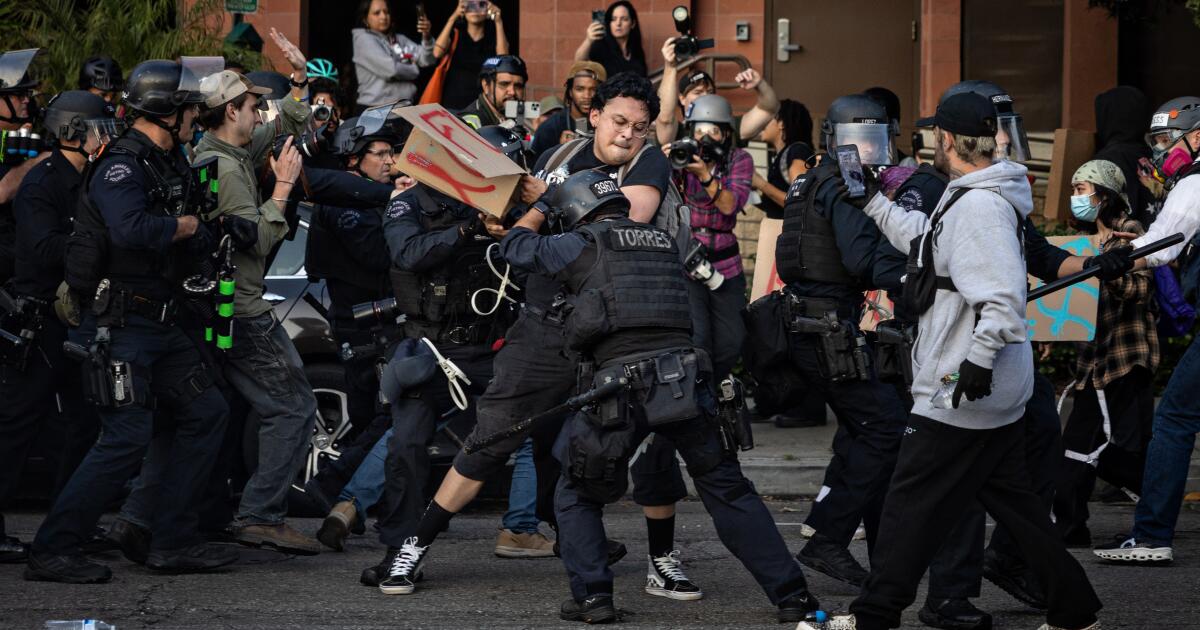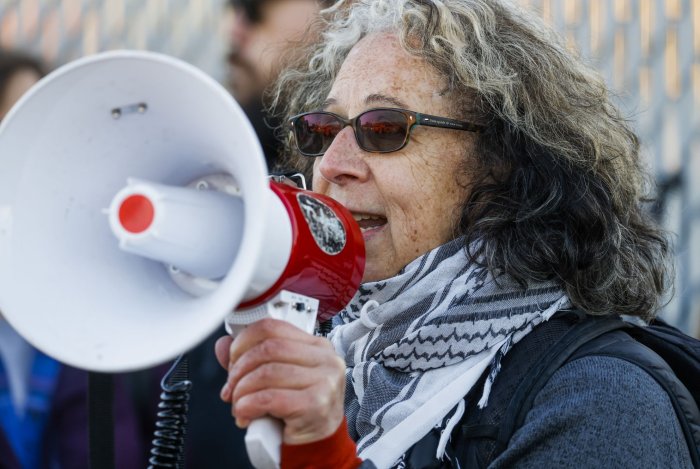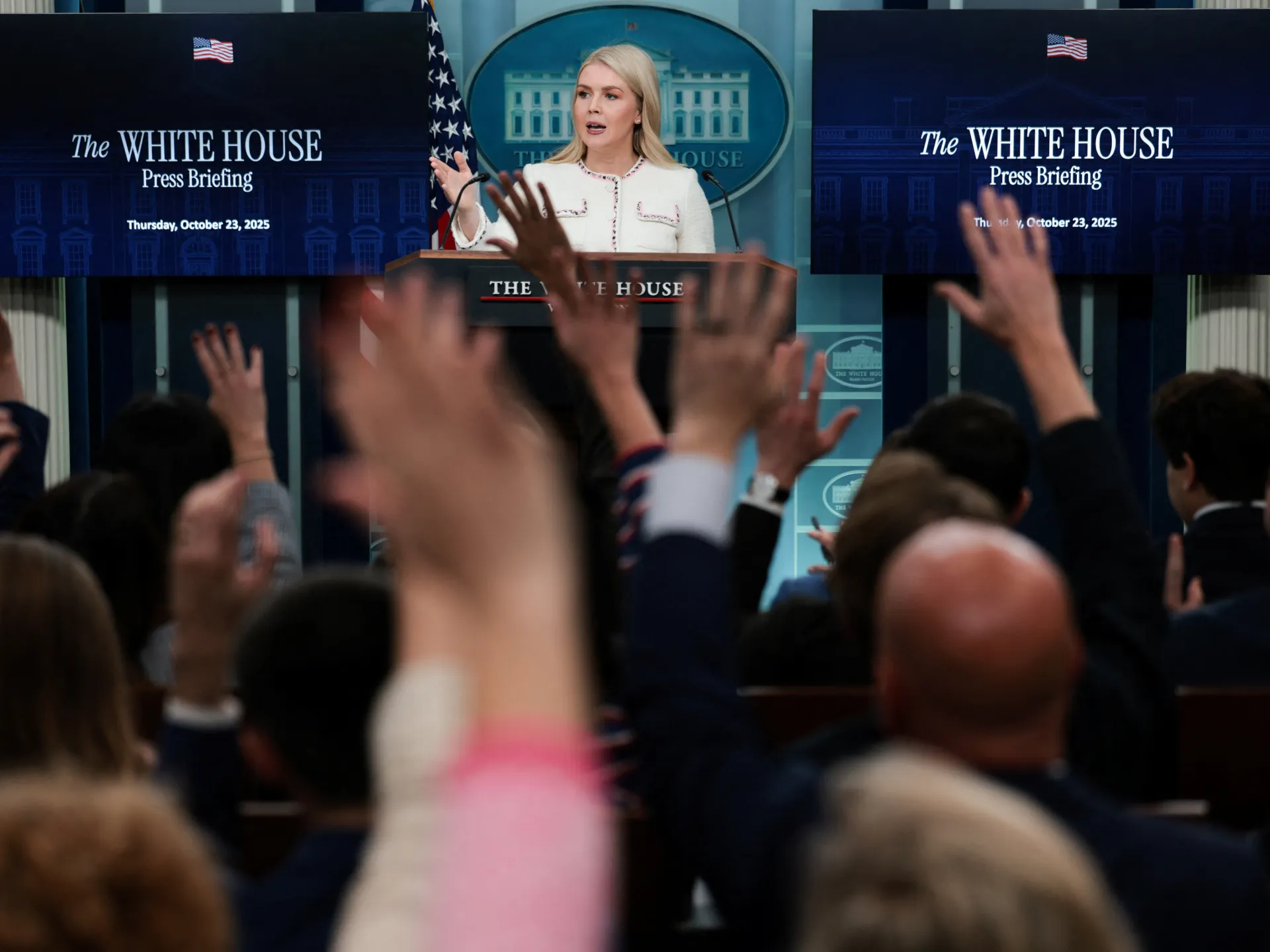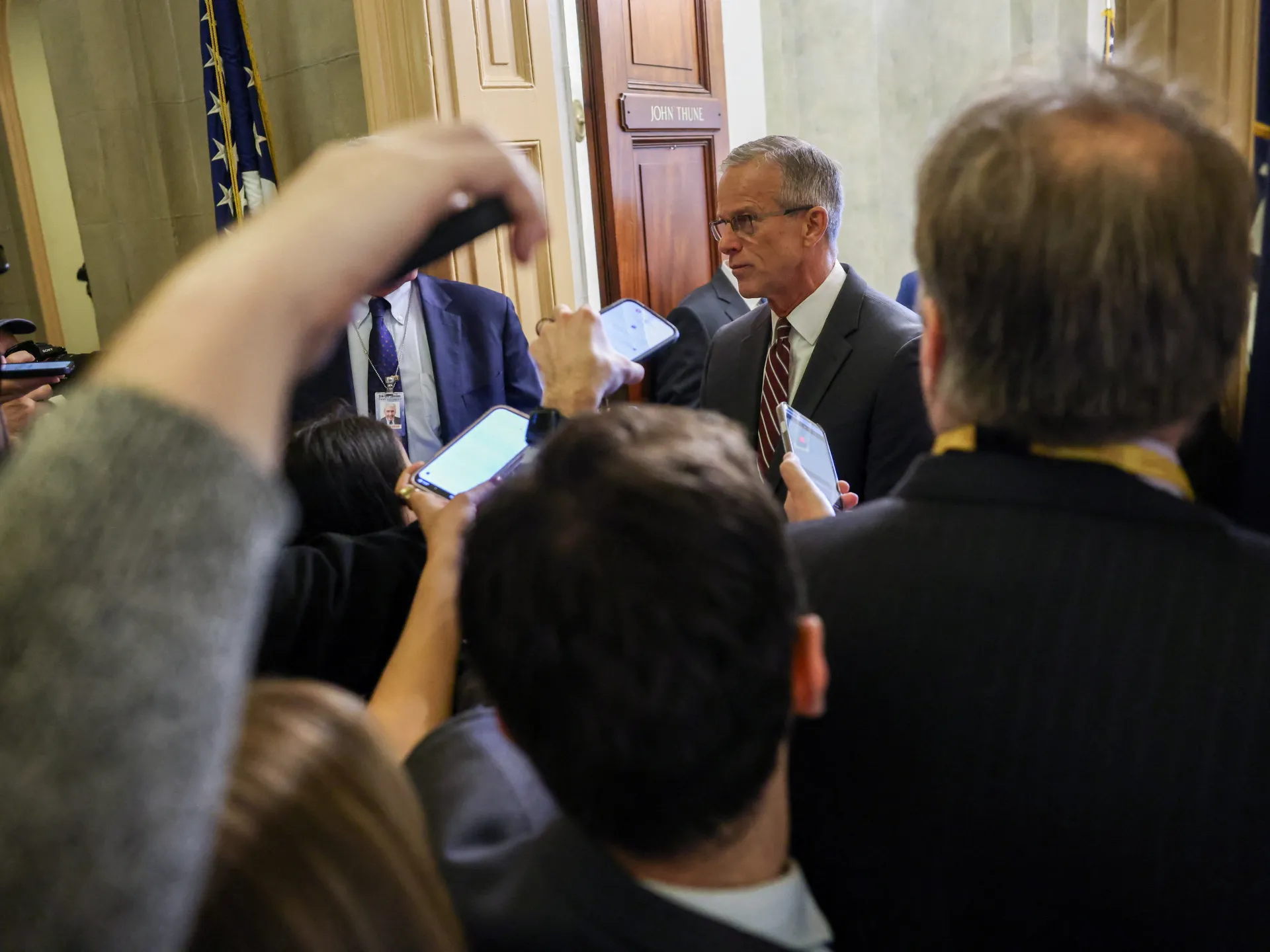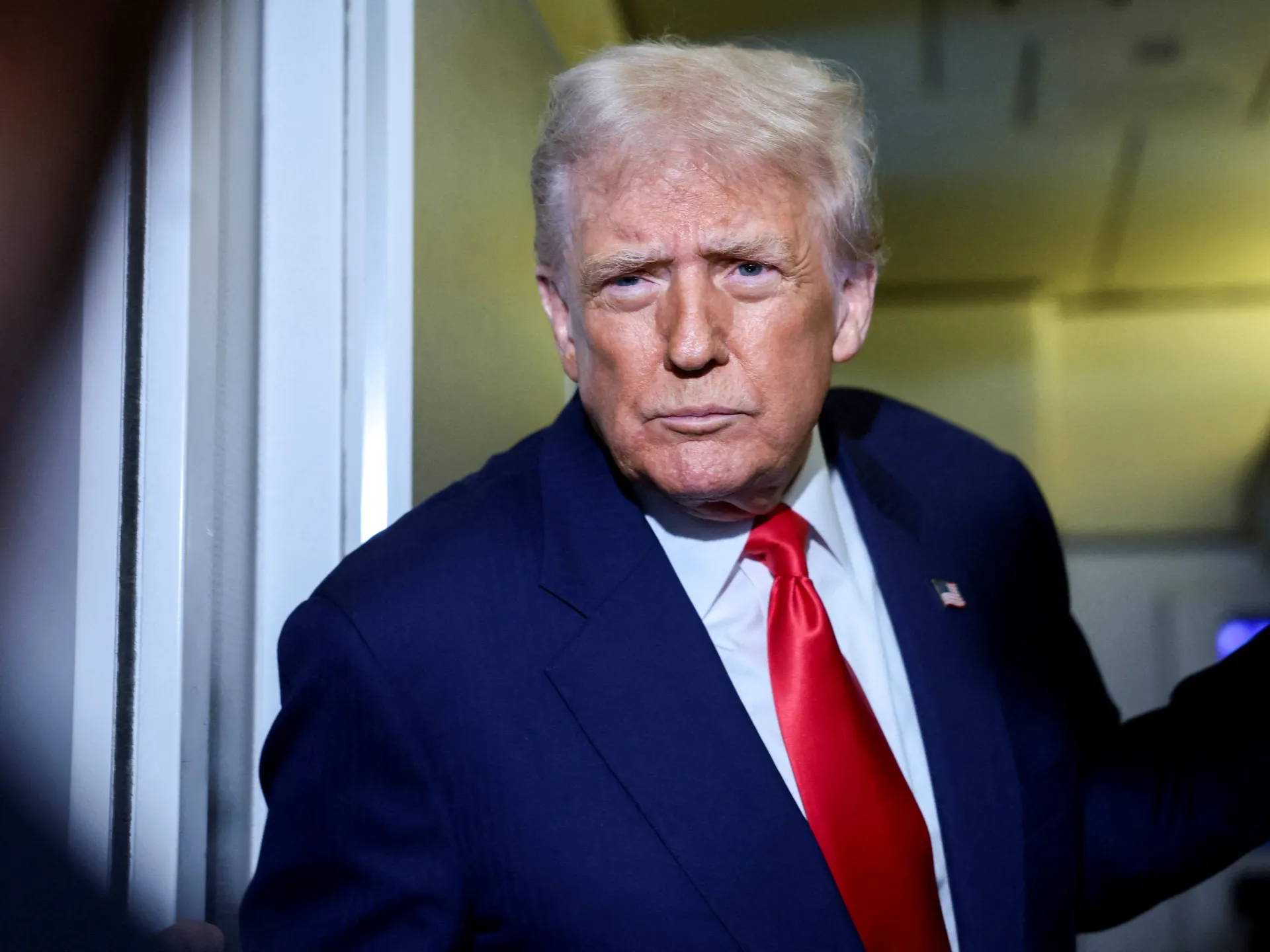Reporting from Washington — For weeks this fall, an ebullient President Trump traveled relentlessly to hold raise-the-rafters campaign rallies — sometimes three a day — in states where his presence was likely to help Republicans on the ballot.
But his mood apparently has changed as he has taken measure of the electoral backlash that voters delivered Nov. 6. With the certainty that the incoming Democratic House majority will go after his tax returns and investigate his actions, and the likelihood of additional indictments by special counsel Robert S. Mueller III, Trump has retreated into a cocoon of bitterness and resentment, according to multiple administration sources.
Behind the scenes, they say, the president has lashed out at several aides, from junior press assistants to senior officials. “He’s furious,” said one administration official. “Most staffers are trying to avoid him.”
The official, who spoke on the condition of anonymity, painted a picture of a brooding president “trying to decide who to blame” for Republicans’ election losses, even as he publicly and implausibly continues to claim victory.
White House Chief of Staff John F. Kelly and Kirstjen Nielsen, secretary of the Department of Homeland Security, who are close allies, “seem to be on their way out,” the official said, noting recent leaks on the subject. The official cautioned, however, that personnel decisions are never final until Trump himself tweets out the news — often just after the former reality TV star who’s famous for saying “You’re fired!” has directed Kelly to so inform the individual.
And, according to a source outside the White House who has spoken recently with the president, last week’s Wall Street Journal report confirming Trump’s central role during the 2016 campaign in quietly arranging payoffs for two women alleging affairs with him seemed to put him in an even worse mood.
Publicly, Trump has been increasingly absent in recent days — except on Twitter. He has canceled travel plans and dispatched Cabinet officials and aides to events in his place — including sending Vice President Mike Pence to Asia for the annual summits there in November that past presidents nearly always attended.
Jordan’s King Abdullah II was in Washington on Tuesday and met with Secretary of State Michael R. Pompeo, but not the president.
Also Tuesday, Defense Secretary James N. Mattis announced plans to travel on Wednesday near the U.S.-Mexico border to visit with troops Trump ordered there last month in what is ostensibly a mission to defend against a caravan of Central American migrants moving through Mexico and still hundreds of miles from the United States.
Trump had reportedly considered making that trip himself, but has decided against it. Nor has he spoken of the caravan since the midterm elections, after making it a central issue in his last weeks of campaigning.
Unusually early on Monday, the White House called a “lid” at 10:03 a.m. EST, informing reporters that the president would not have any scheduled activities or public appearances for the rest of the day. Although it was Veterans Day, Trump bucked tradition and opted not to make the two-mile trip to Arlington National Cemetery in northern Virginia to lay a wreath at the Tomb of the Unknown Soldier, as presidents since at least John F. Kennedy have done to mark the solemn holiday.
FULL COVERAGE: The latest on the Trump administration and the rest of Washington »
Trump’s only public appearance Tuesday was at a short White House ceremony marking the start of the Hindu holiday Diwali at which he made brief comments and left without responding to shouted questions.
He had just returned Sunday night from a two-day trip to France to attend ceremonies marking the centennial of the armistice that ended World War I. That trip was overshadowed, in part, by Trump’s decision not to attend a wreath-laying at the Aisne-Marne American Cemetery, the burial place for 2,289 soldiers 60 miles northeast of Paris, due to rain.
Kelly, a former Marine Corps general, and Marine Gen. Joseph F. Dunford Jr., chairman of the Joint Chiefs of Staff, did attend to honor the American service members interred there. Trump stayed in the U.S. ambassador’s residence in Paris, making no public appearances.
Other heads of state also managed to make it to World War I cemeteries in the area for tributes to their nations’ war dead on Saturday.
Trump and Russia’s President Vladimir Putin were the only world leaders to skip a procession of world leaders to another commemoration, on Sunday, at the Arc de Triomphe. About 80 heads of state walked in unison — under umbrellas in the pouring rain — down Paris’ grand Champs-Elysees boulevard. Trump arrived later by motorcade, a decision aides claimed was made for security reasons.
Nicholas Burns, the former U.S. ambassador to NATO under George W. Bush, said the weekend events, commemorating the 100th anniversary of the end of a war in which 120,000 Americans were killed, were ripe for soaring words and symbolic gestures, which Trump failed to provide.
“Not only did he barely show up, he didn’t say anything that would help Americans understand the scale of the loss, or the importance of avoiding another great war,” Burns said. “He seemed physically and emotionally apart. It’s such a striking difference between the enthusiasm he showed during the campaign and then going to Paris and sulking in his hotel room.”
He added, “The country deserves more energy from the president.”
Trump took heavy flak on social media, especially for his no-show at the military cemetery.
“President @realDonaldTrump a no-show because of raindrops?” tweeted former Secretary of State John F. Kerry, a Navy veteran. “Those veterans the president didn’t bother to honor fought in the rain, in the mud, in the snow – & many died in trenches for the cause of freedom. Rain didn’t stop them & it shouldn’t have stopped an American president.”
Nicholas Soames, a member of Britain’s Parliament and grandson of Winston Churchill, tweeted, “They died with their face to the foe and that pathetic inadequate @realDonaldTrump couldn’t even defy the weather to pay his respects to The Fallen.”
Trump, clearly feeling on the defensive days later, tried to explain himself on Tuesday, in a tweet.
“By the way, when the helicopter couldn’t fly to the first cemetery in France because of almost zero visibility, I suggested driving,” he wrote. “Secret Service said NO, too far from airport & big Paris shutdown. Speech next day at American Cemetary [sic] in pouring rain! Little reported-Fake News!”
In that tweet, Trump falsely described the weather at the Sunday visit to another U.S. cemetery. Rather than “pouring rain,” photos showed him standing without a hat or an umbrella under overcast skies when he delivered remarks, though he did grasp an umbrella at one point while paying tribute at one soldier’s grave.
Just as Trump was returning to Washington on Sunday evening, Pence was heading to Asia in the president’s place, and at his first stop greeted Japan’s Prime Minister Shinzo Abe.
Trump’s absence, experts said, is notable, and a glaring affront to many Asian leaders.
“It matters more in Asia than other regions because ‘face’ is so important,” said Matthew P. Goodman, a senior vice president at the Center for Strategic and International Studies and a former White House coordinator for Asia-Pacific strategy during the Obama and George W. Bush administrations. “Your willingness to go out there is a sign you’re committed and not going is a sign you’re not.”
Putin is attending the Asia-Pacific Economic Cooperation summit, looking to expand his country’s influence in Asia. Prime Minister Narendra Modi of India and President Moon Jae-in of South Korea are also attending regional summits. And China’s President Xi Jinping and Premier Li Keqiang are simultaneously attending meetings across the region looking to broaden their country’s influence in the South China Sea and expand multilateral trade agreements.
Although Trump is set to meet with Xi at the Group of 20 summit of wealthy countries this month in Buenos Aires, his absence from the major Indo-Pacific meetings for a second straight year will “have some consequences for our position and our interests in the region,” Goodman continued. “Other countries are going to move ahead without us.”
What makes Trump’s perceived snub to the Asian powers more significant is that it comes on the heels of his brief European trip, which showcased his growing isolation from transatlantic allies. French President Emmanuel Macron rebuked Trump in a speech, stating that “nationalism is a betrayal of patriotism” as the U.S. president looked on sullenly.
Trump’s relations with Latin America, already strained, are little better after the White House last week announced that he was reneging for a second time on a commitment to visit Colombia. He had planned to go there later this month on his way back from the G-20 meetings.
In April, he’d sent Pence in his place to the Summit of the Americas in Peru, citing a need to remain in Washington to monitor the U.S. response to a chemical weapons attack in Syria. He’d planned to visit Bogota on the same trip.
This time around, there appeared to be no extenuating circumstances preventing a visit.
In a statement, the White House simply said, “President Trump’s schedule will not allow him to travel to Colombia later this month.”
[email protected]
@EliStokols
